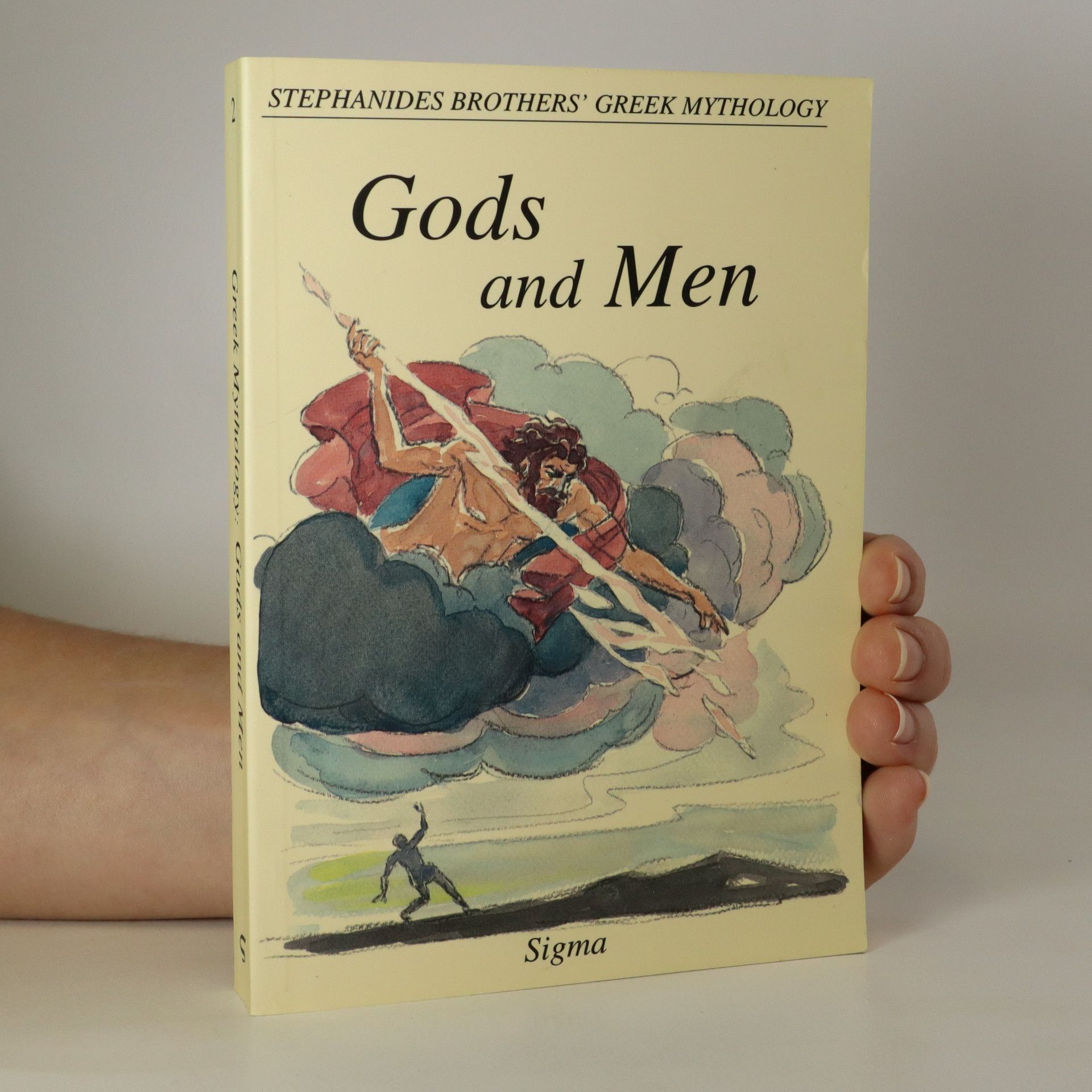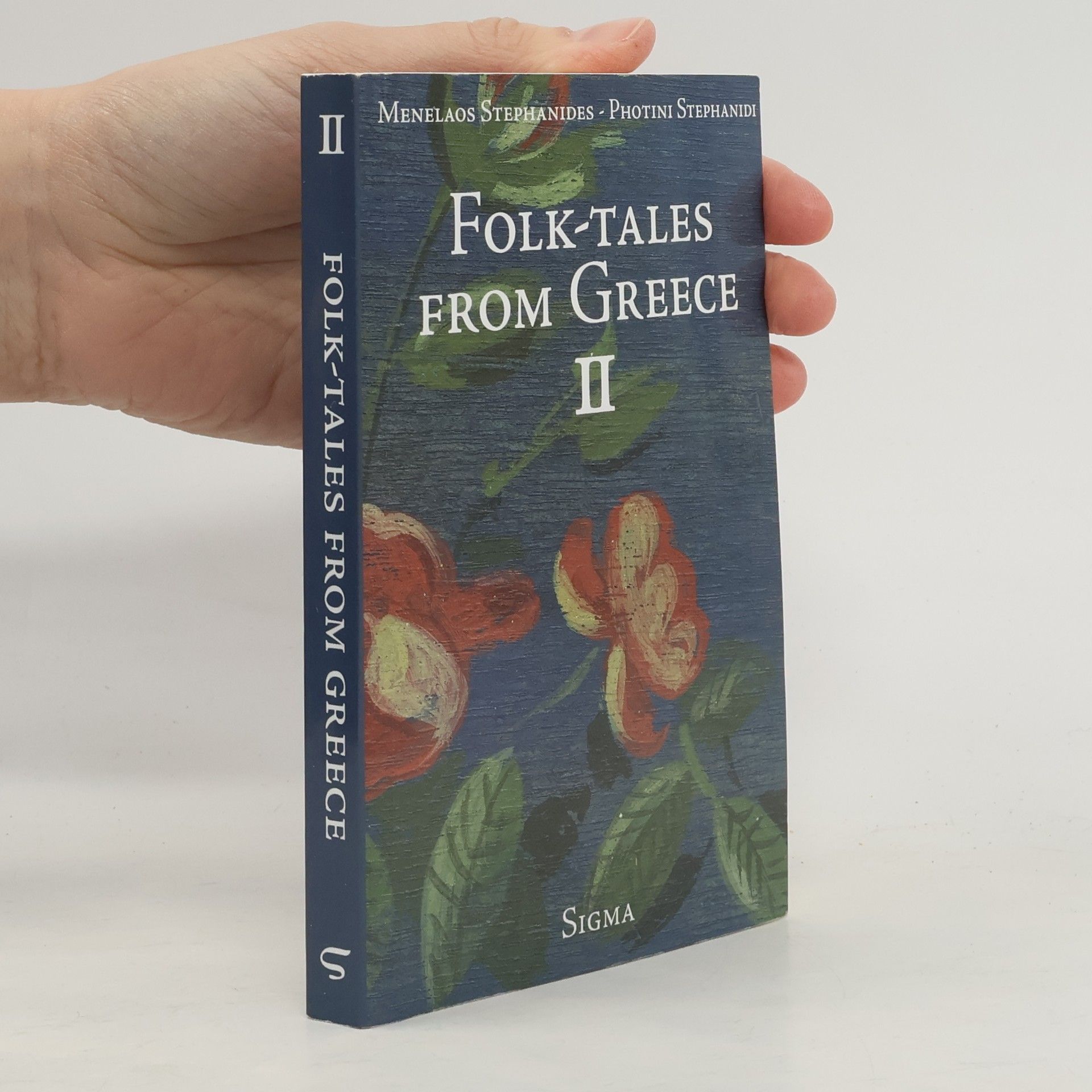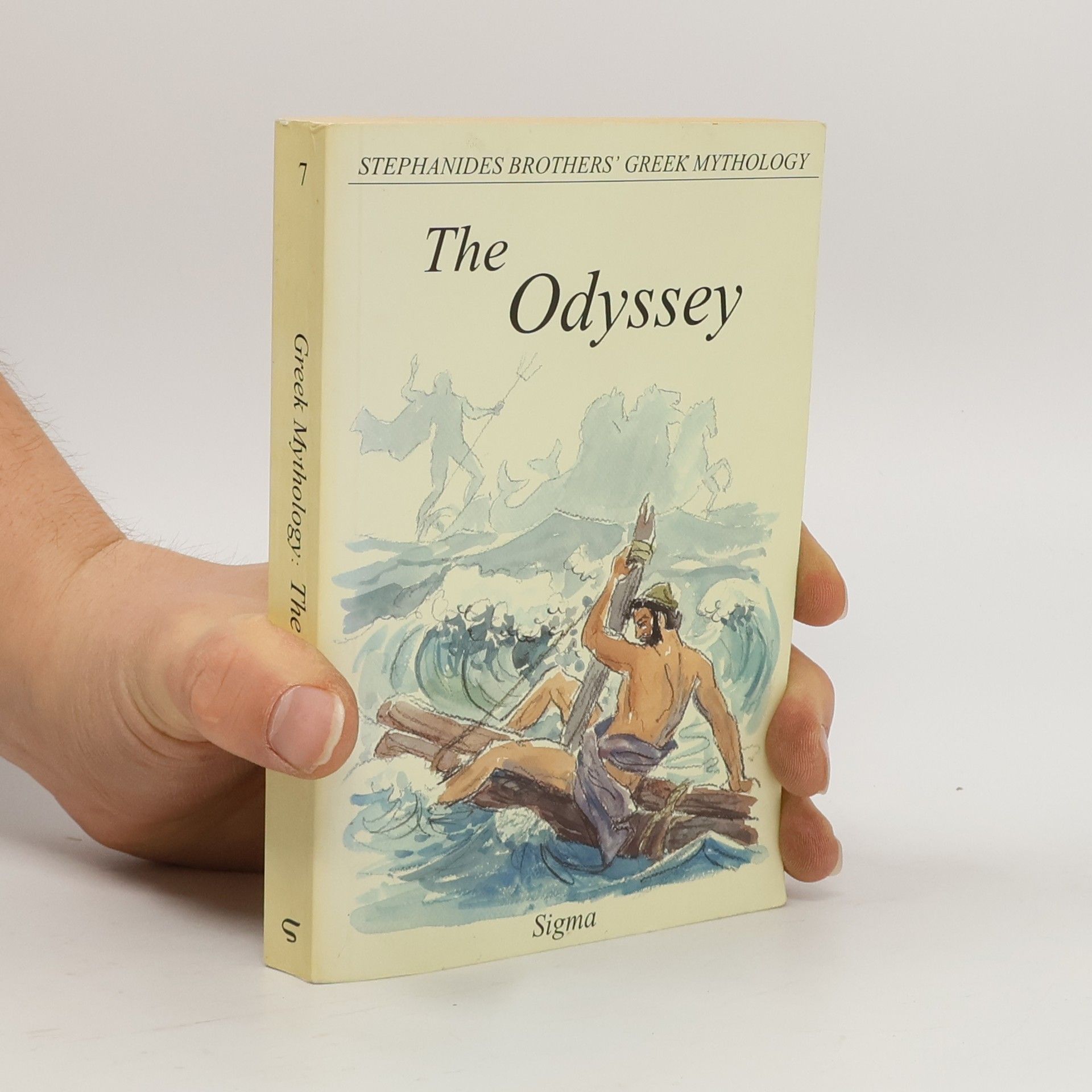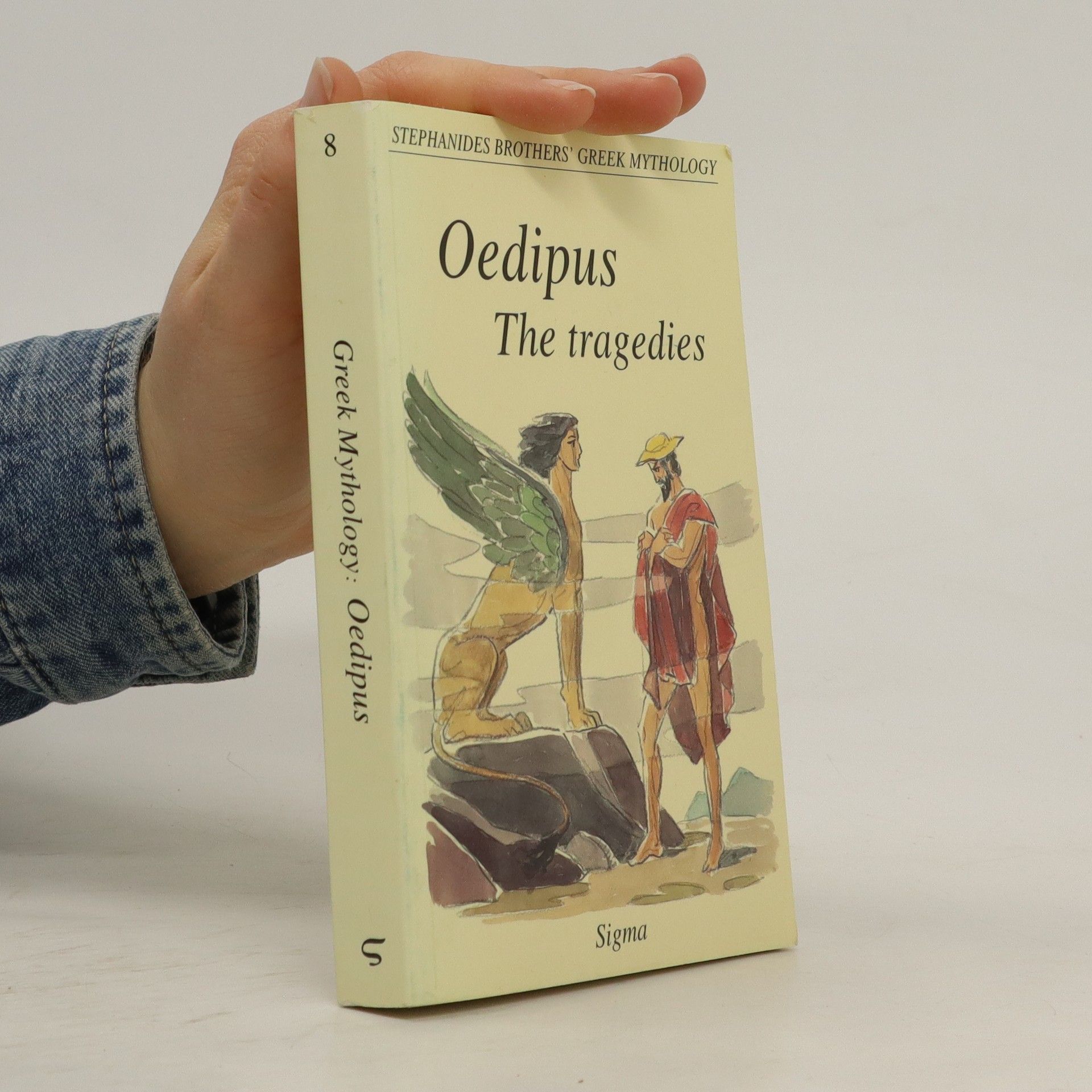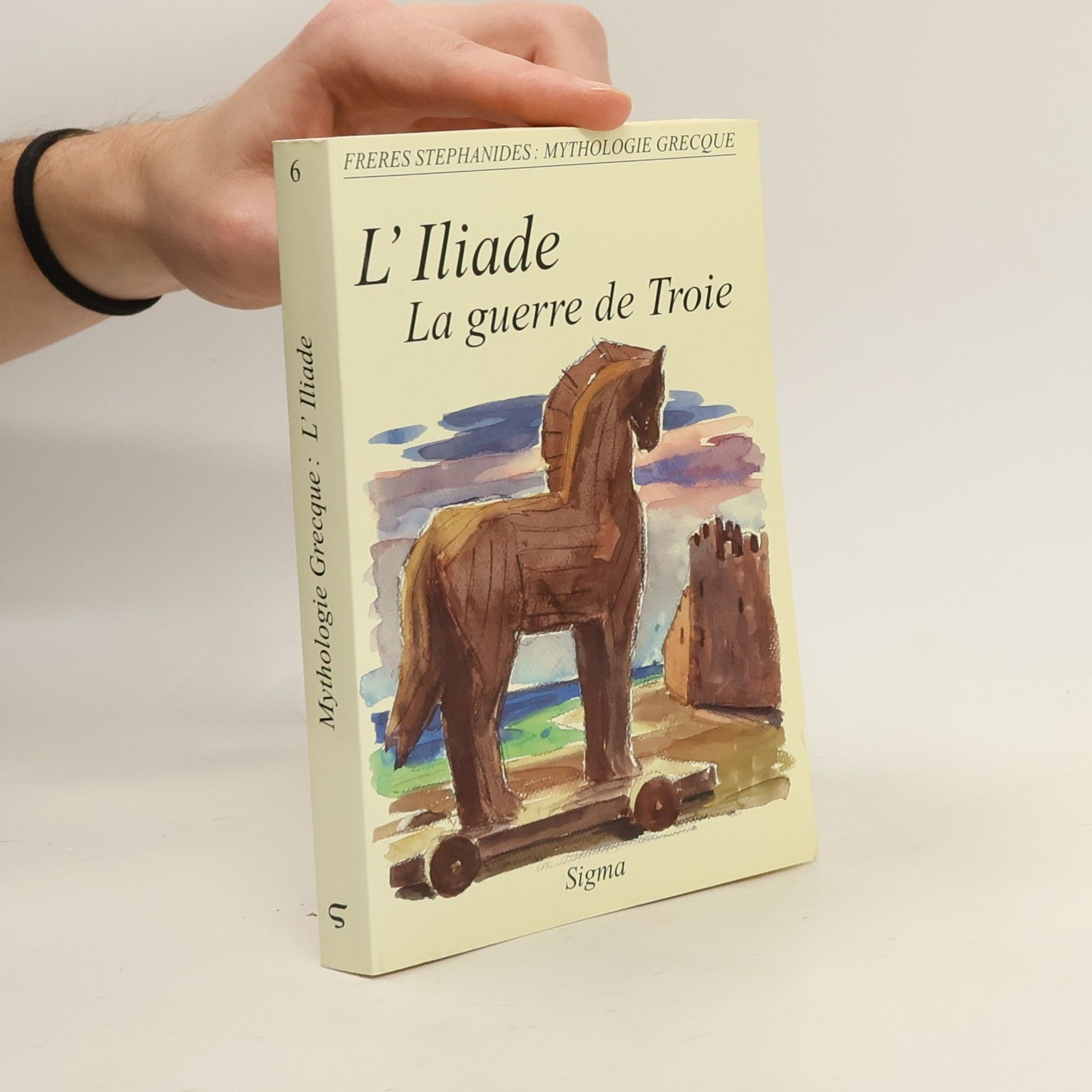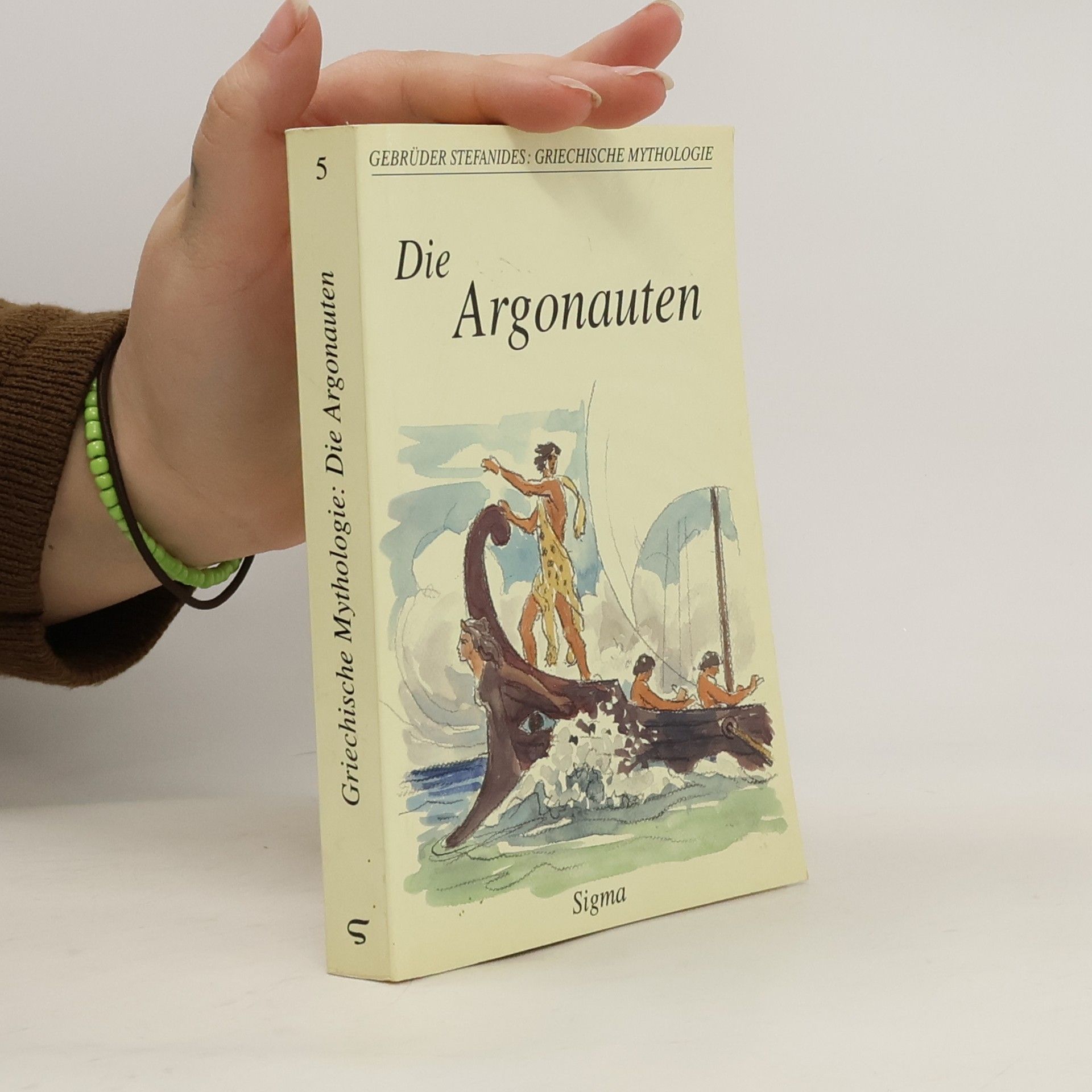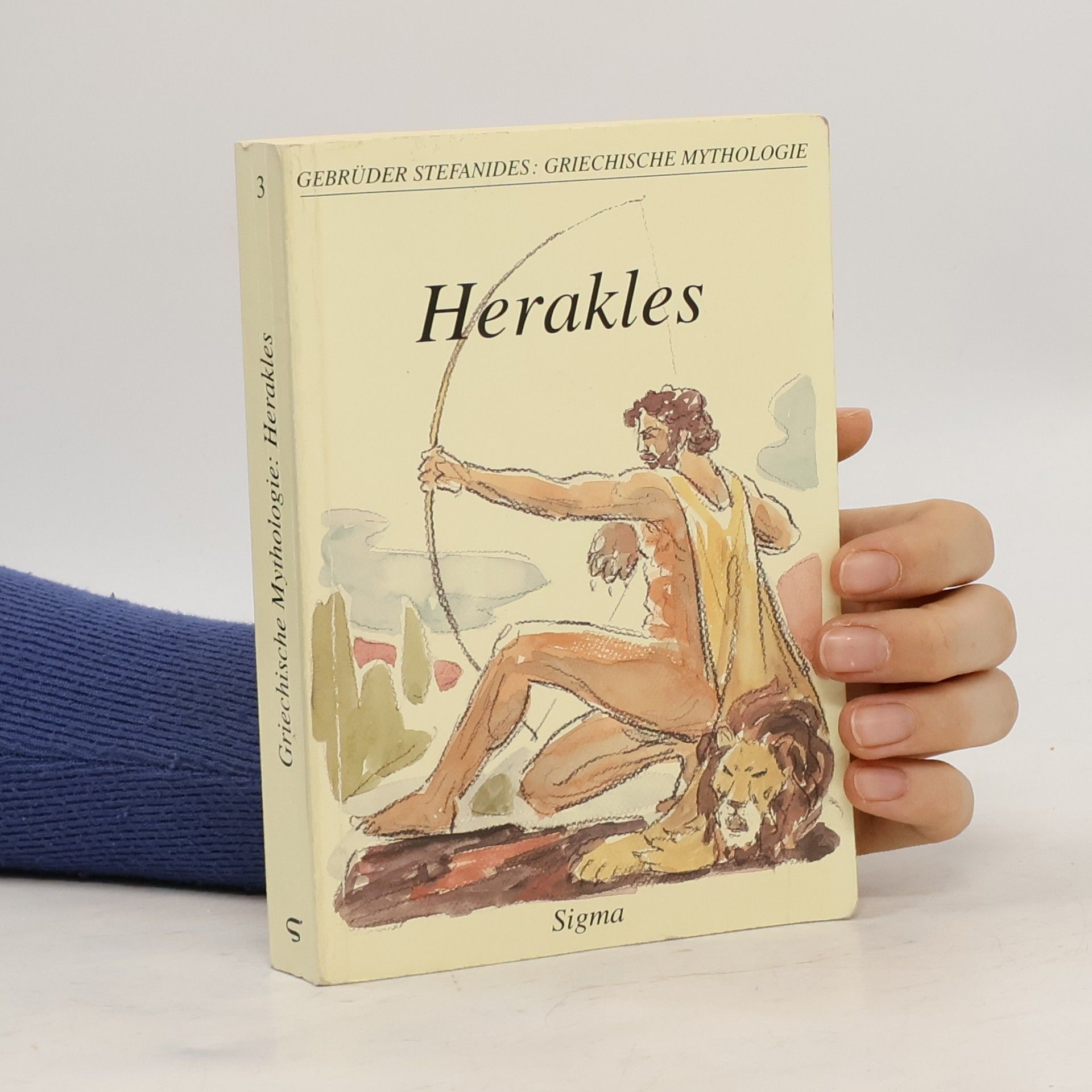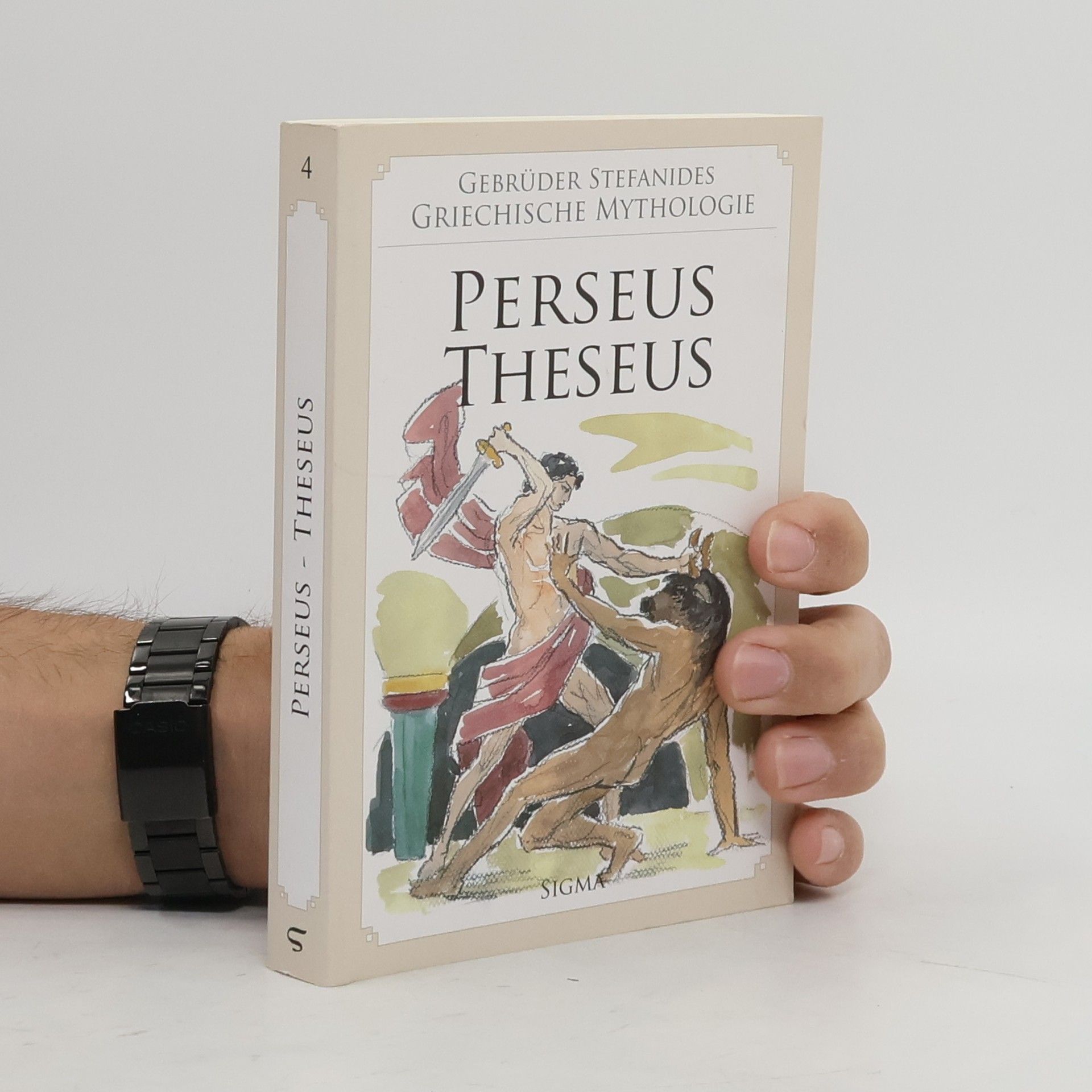Mythologie grecque - 6: L'Iliade, la guerre de Troie
- 249pages
- 9 heures de lecture
A special pocket-book version of the Greek mythology which has achieved worldwide recognition. Designed exclusively for adults and young readers. The reader will re-live all the magic of Greek mythology on a journey of the imagination which will take him deep into an era separated from our own by more than three millenia. This series of books received the 1989 Pier Paolo Vergerio prizes of the University of Padua for its outstanding text and illustrations.


